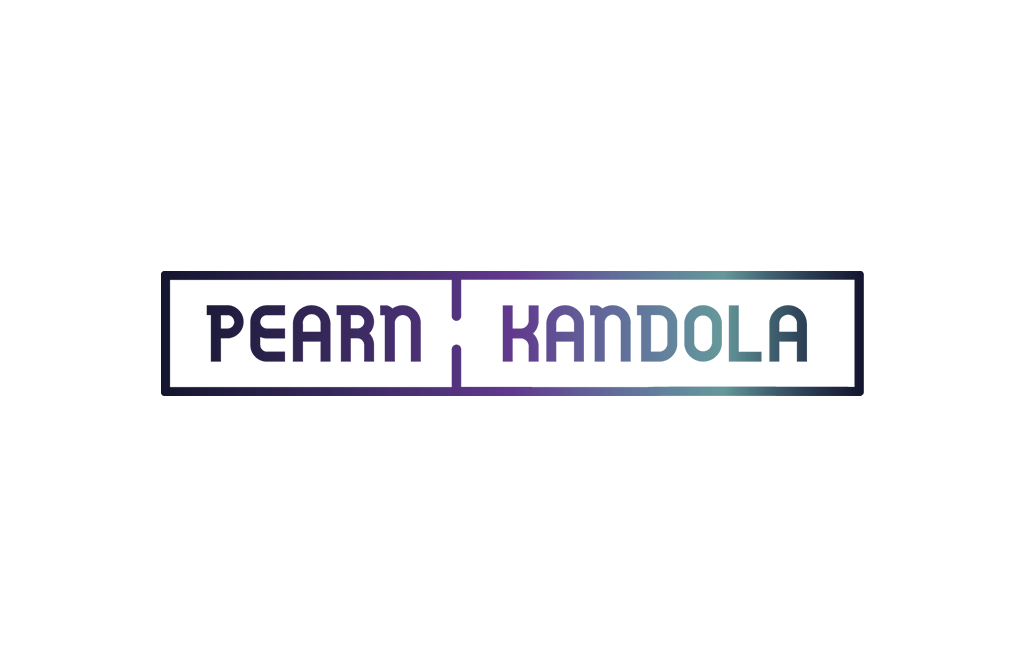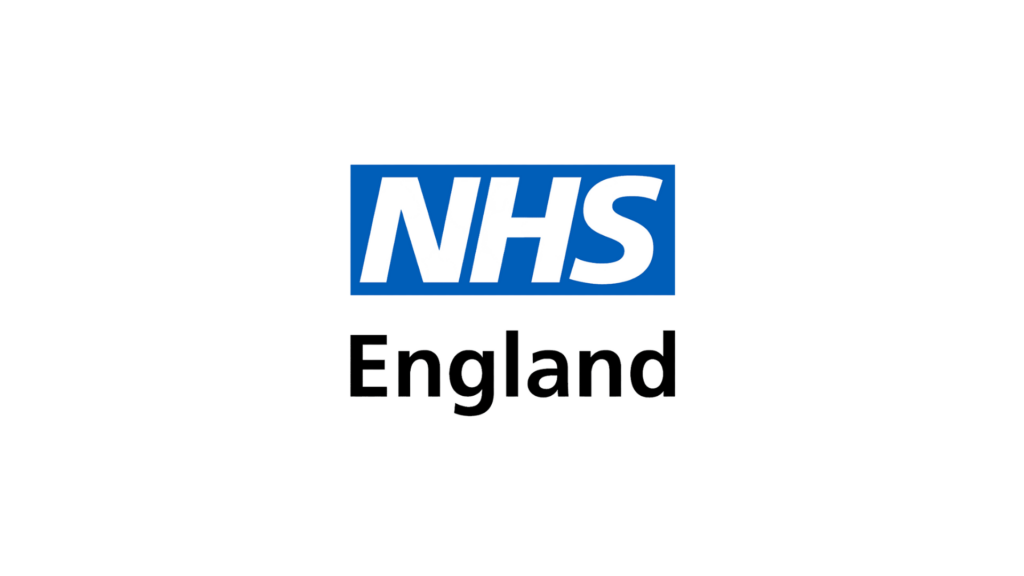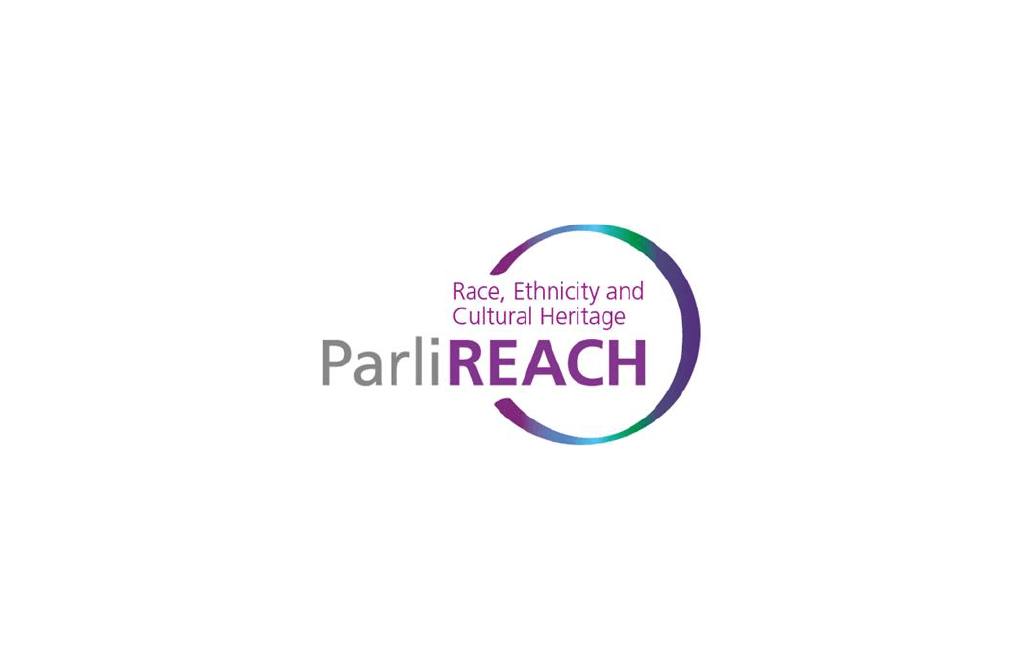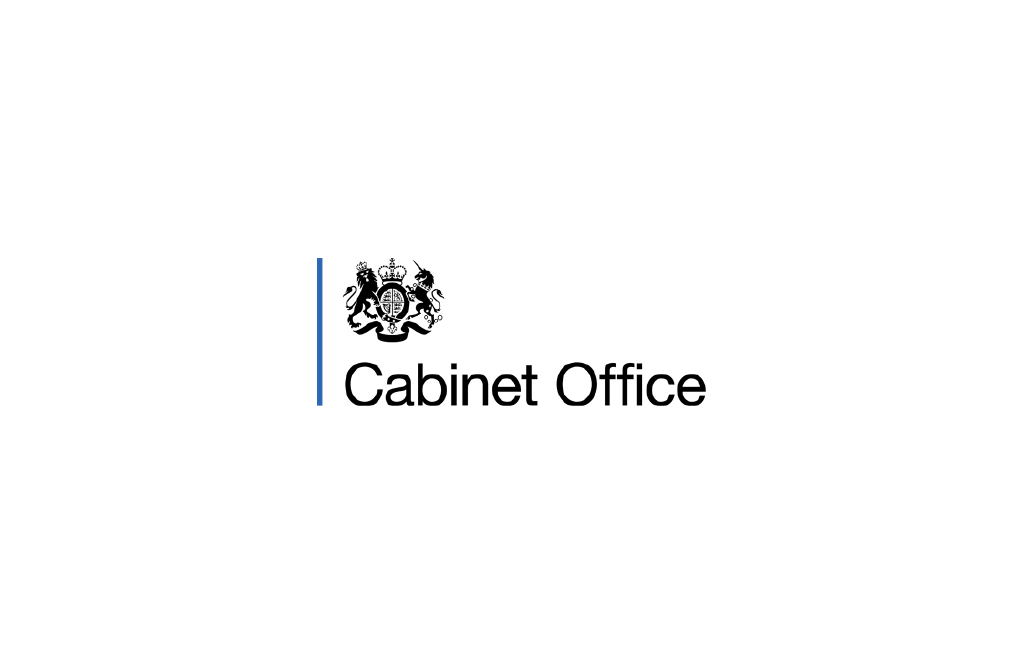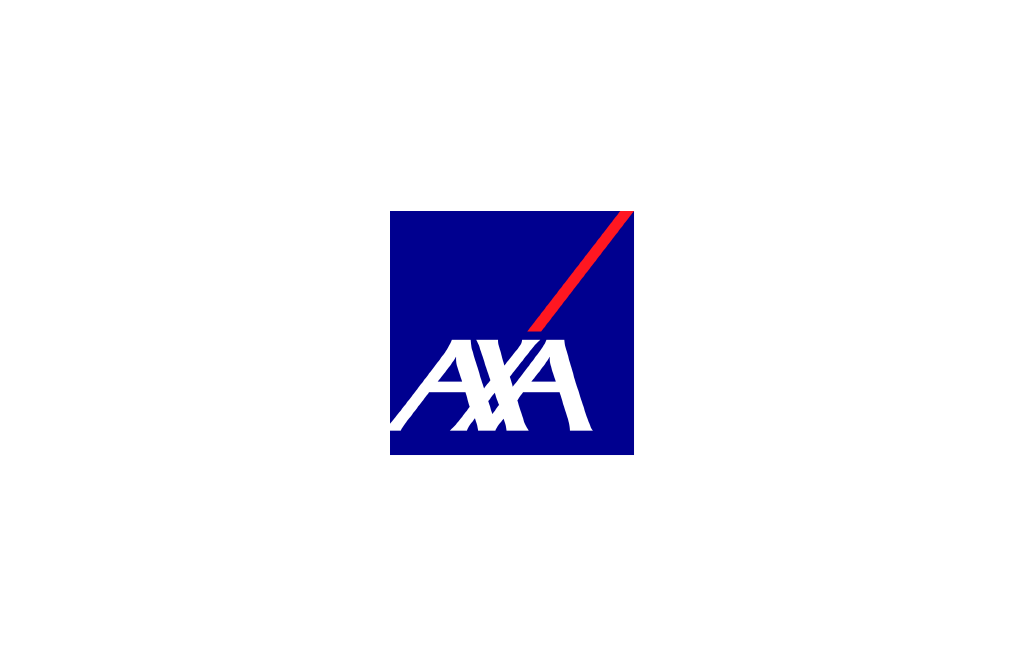Changes to the way the NHS assesses applicants for its Graduate Management Training Scheme are making the process fairer and more effective at identifying future leaders. The use of technology is also saving hours of senior managers’ time.
Previously assessment relied on paper-based application forms, interviews, and group exercises, in addition to verbal and numerical tests. With the scheme attracting over 6,000 applications each year, which were manually filtered by senior managers, the process was very labour-intensive.
In the new approach, designed by Pearn Kandola, candidates still have the opportunity to meet ‘the face of the organisation’ – but in a restructured, more focused interview. Also in the interests of greater equity, applicants take automated tests that are fairer and better at identifying people with the right qualities to succeed in a challenging and constantly changing environment like the NHS. By assessing motivational traits and situational judgement, the tests give a clear indication whether applicants have the get-up-and-go to carry out particular tasks and how they would cope in real-life situations.
All applicants now complete tests online, enabling the NHS to sift thousands of candidates fairly and automatically at the touch of a button. Using cutting-edge recruitment technology to streamline the filtering process, and identify the 400 candidates to go through to the final assessment centre, it is estimated to have cut the involvement of senior managers by half.
Nicola Fair of the NHS Institute for Innovation and Improvement said: “We wanted to continue to improve the validity and reliability of candidate selection using innovative, cost-effective and time-efficient methods so that the best candidates reached the final stage.”
This is exactly what Pearn Kandola has delivered, as she explained, “The new process saves time not only for managers involved in assessment but also for the recruitment team that administers thousands of applications – the costs involved were substantial.”

